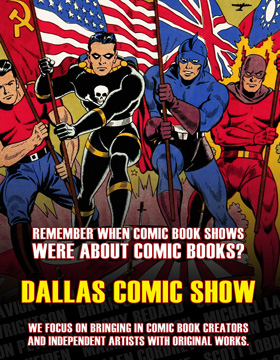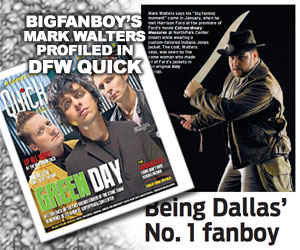British cinema has come up on it’s own in the last few years. Where they once trailed Hollywood in output and quality, they now surpass American cinema in almost every aspect. The Brits have just about taken over the art house world. One of the latest from across the pond is Pride.
The story is set in 1984 during the Thatcher-era of British politics. There is a coal miners’ strike in the North and the police have become an enforcement agency for management over labor. It is a time of harshness and violence. 1984 also saw the beginnings of the gay movement, where homosexuals and lesbians were coming out of the shadows and demanding recognition by the government. The police had become an enforcement agency for the status quo over any other lifestyle. It was a time of harshness and violence.
Joe (George MacKay) is a young man at a crossroads in his life. He knows he is gay but has not come out to anyone. As he is watching a gay pride march, he accidentally becomes part of the festivities and carries a banner. Finally, Joe begins to feel at home within the community. He befriends Mark (Ben Schnetzer), a flamboyant young man with an unquenchable passion for justice. Watching the breaking of the miners union on television, he decides to become an activist for their cause. He starts a bucket filling campaign to help the miners buy food.
After raising a small load of cash, Mark and the group find that the mining towns want nothing to do with gay money. A bad phone connection and hard-of-hearing old woman combine to a group of Welsh miners taking the money. When the leader finds that the funds had been donated by gays, he is a bit taken aback. But the people of the small town need all the help they can get, no matter where it’s from. Soon, the two groups begin to find some common ground within the cause of justice.
The rest of the story is of how the Welsh miners begin to accept London gays. It is a world where the phrase ‘politics make strange bedfellows’ comes to life. The idea of ‘the enemy of my enemy is my friend’ also comes into play. There are many other contradictions such as country people versus city people and gays versus straights. The more that everyone gets to know each other, the more everyone realizes that they are all people who can get along.
This is an absolutely beautiful film. The camera of Matthew Warchus swoops over the North Country with a heartfelt touch. Under his watchful eye, every shot looks as if it were from a painting. It becomes eye candy for cine-files. The biggest find of Pride is Ben Schnetzer as Mark. His fresh face is the poster child of the gay movement and the worker’s movement. He is a wide-eyed optimist who is eventually shattered by his own personal problems. In the end, he still struggles to finish the fight. This role should put him on the short list of young actors to watch. Bill Nighy plays one of the men of the town. He has to deal with the prejudices of the town folk and well as confronting his own. This is the kind of role he has been doing for decades, and once again he seldom disappoints.
The film is based on a true story. It ends with descriptions of what happened to the more revenant members of the cast and how they changed British politics and social structure. It is truly hard to judge how The Academy will accept different types of films, but Pride should be up for some Independent Spirit Awards at the end of the year. It has a solid entertainment about the long journey to acceptance. It is also one of the better production of the fall box office offerings.









